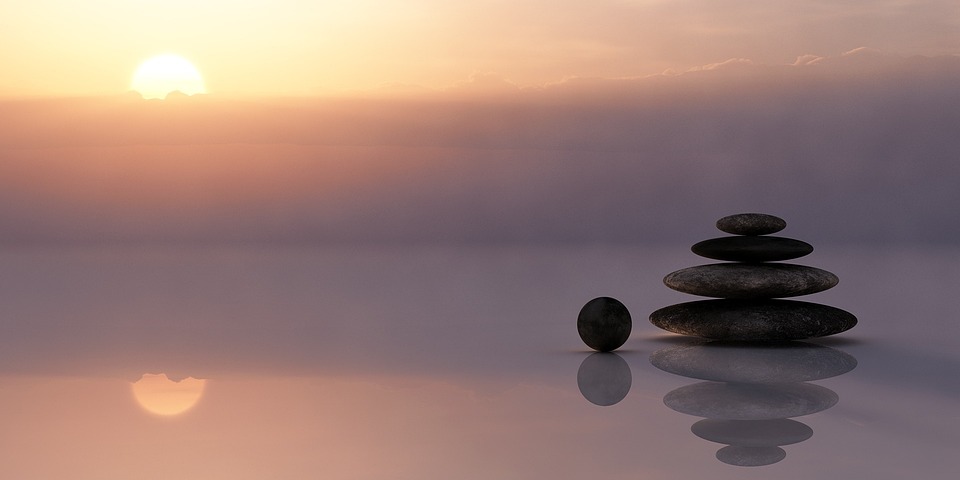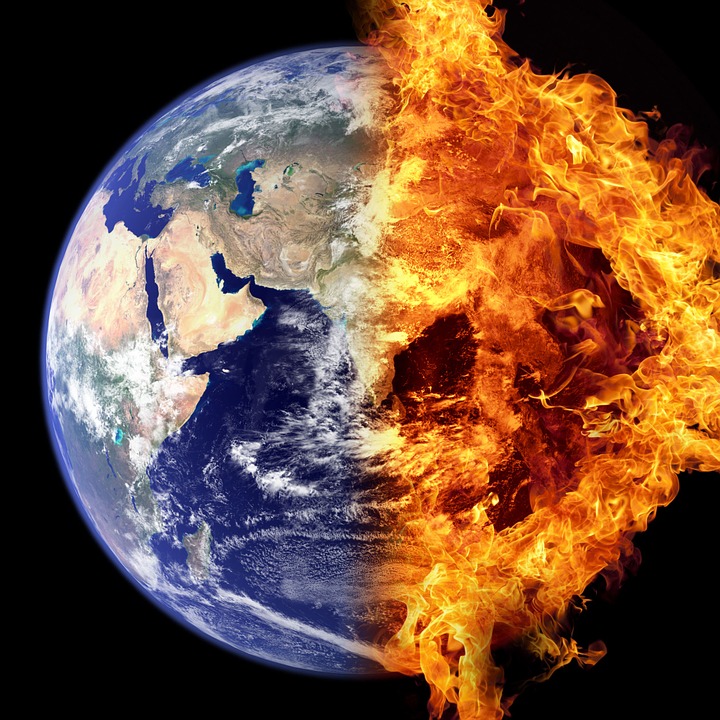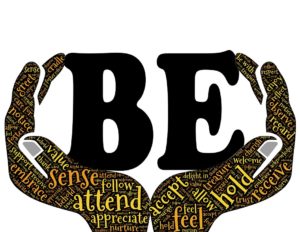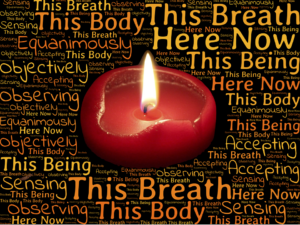“To be free, you must want freedom more than you want the world.”
– Lester Levenson
There are many desires in one’s life and the accomplishment or dissolution of any one of them will usually bring about a temporary state of peace, joy and happiness. As a desire is fulfilled, we automatically let go and embrace the freedom and peace beyond it. But is this peace, this joy, this freedom, not available to us at all times?
If we simply drop our desires and allow them to dissolve, we can find that beyond them, freedom is always available to us. From that place we can continue to create and pursue what we desire, but we are no longer attached to the outcome, we no longer attach our sense of self or sense of well-being and happiness to any external event or outcome, outside the ever-present moment we reside in, in which all fulfillment is available.
To do this, we must make a choice. We must choose between our limited desires, our want to control the world and freedom itself, within which the highest good of all beings is fulfilled.
If we choose the world, if we choose our desires that come from a self-centered point of view, a point of view based on separation, we are choosing limitation and a life filled with struggle, interspersed by brief periods of joy, when we finally get what we want or the world lines up with our expectations.
If we choose freedom, then our own desires automatically line up with what is in the best and highest good of all. Choosing freedom means choosing from unity and choosing unity itself, it means choosing that which is best for all, that which brings the highest good for all of existence. Through this choice we become outcome independent, we do not cling to any particular outcome, or a particular manifestation of our desires – we let go of our limited sense of self and our limited understanding of the synchronistic operations of the Cosmos.
If we choose a particular set of desires from a limited point of view, we might get what we want, but through that we might lose that which we most dearly seek – the joy, the peace, the love, the fulfillment that was the true reason for our desires in the first place. Desires and their fulfillment are a natural product of the ever creative and expansive nature of the Cosmos at large – but when we cling to a particular set of expectations that is often self-centered and based on separation, we lose touch with the greater reality and with the greater picture.
If we allow ourselves to want freedom more than we want the world, what we are basically choosing is our deepest self, which is the source of all happiness. We are choosing to create from our deepest, expanded self, from a place where there is no need for anything to happen, but creativity and discovery still arise, simply because of the wondrous nature of the game we are all playing.
When the understanding comes that the fulfillment of our very desires calms the mind and allows for the true freedom underneath to be uncovered, we can see that the fulfillment of any particular desire is not what causes happiness. It is the cessation of limiting thought and expectation, a cessation of incessant seeking and basing one’s reality and identity in the ever-changing world, which causes freedom to be uncovered, to be discovered yet again.
Thus if we simply let go of our desires, we can find freedom immediately! We can let go of our seeking, of our clinging, of our attachments and aversions – and thus find peace beyond them. The place of freedom, where we find ourselves, is not a place of emptiness or passivity – from there great action and creativity can arise, desires can still be fulfilled, but it is now difficult to call them “desires”, for that word implies in our modern language a certain lack – they are now more like creative impetuses, tendencies of action, preferences,…that continue on the expansion and game of the Universe we inhabit.
So how do we choose freedom? Fundamentally, by choosing freedom you are choosing the present moment, where all happiness, love and joy is available. Thus by being present you are choosing to be free, choosing for freedom and peace to enter your life.
In the realm of mind, there are thoughts and corresponding actions that help one align with freedom and presence more deeply – an attitude of gratitude, patience, allowing oneself to have empathy and compassion, as well as expressing loving kindness towards yourself and the world. All of the great virtues are modalities of presence, they are sourced from presence. When we are present, gratitude and patience arise automatically, when we are present with another person, compassion and an associated kindness is a natural product of that presence. All great wisdom and insight also arise from presence, for when we are present, we are tapping into a greater intelligence than merely that of our own mental spheres.
One can choose presence directly, simply by being as they are, where they are, being aware of themselves and their environment, letting go of any distractions that come about.
Indirectly, one can also align one’s thoughts and beliefs with the great virtues available to our reach. In Buddhism, these are referred to as the Pāramitās (perfections) – Dāna (generosity), Sīla (proper conduct), Nekkhamma (renunciation), Paññā (wisdom), Viriya (energy), Khanti (patience), Sacca (honesty), Adhiṭṭhāna (determination), Mettā (Good-Will), Upekkhā (equanimity) – to these I would simply add gratitude and compassion (though that is already related to good-will). Through presence, over time these virtues arise spontaneously, as they are all ultimately a product of presence – but because we live in a society that is very much extremely identified with form (thought and material forms), it can be very beneficial to help work on and promote the arising of these specific virtues in order to aid the ability to be present and thus to be free.
It is thus through presence and the nurturing of virtues associated with presence that we find peace, freedom and unity. If we choose this pathless path, we are choosing the highest way available to us. Clinging to particular outcomes or desires is then more easily let go of, since none are fundamentally fulfilling. It is only the freedom inherent to reality itself in this moment that bring us the joy and fulfillment we seek – and from that freedom we can continue to create, explore and discover a reality far more beautiful than we can imagine, now without clinging or attaching ourselves to the products of our creation or the vistas of our discovery.
Do not worry if you choose freedom and presence, then become overwhelmed by the fog of mind and thought again. The pathless path is a way of choosing freedom again and again, letting go of our limitations again and again, until the freedom inherent to reality is seen with total clarity and remains the permanent bedrock of our experience.
Much love to you all 🙂
A hermit was meditating by a river when a young man interrupted him.
“Master, I wish to become your disciple,” said the man.
“Why?” replied the hermit.
The young man thought for a moment.
“Because I want to find God.”
The master jumped up, grabbed him by the scruff of his neck, dragged him into the river, and plunged his head under water.
After holding him there for a minute, with him kicking and struggling to free himself, the master finally pulled him up out of the river. The young man coughed up water and gasped to get his breath. When he eventually quieted down, the master spoke.
“Tell me, what did you want most of all when you were under water.”
“Air!” answered the man.
“Very well,” said the master.
“Go home and come back to me when you want God as much as you just wanted air.”
Some discussion threads related to this article can be read on Reddit, here:
-on r/SoulNexus
-on r/awakened






